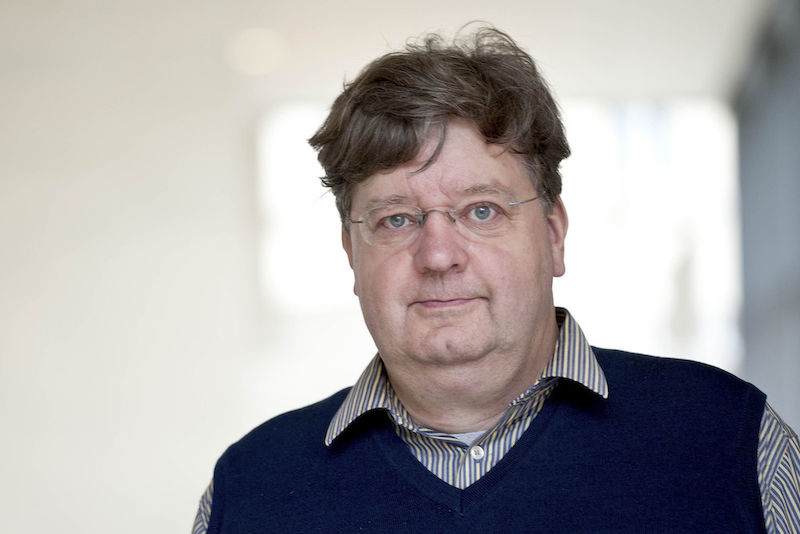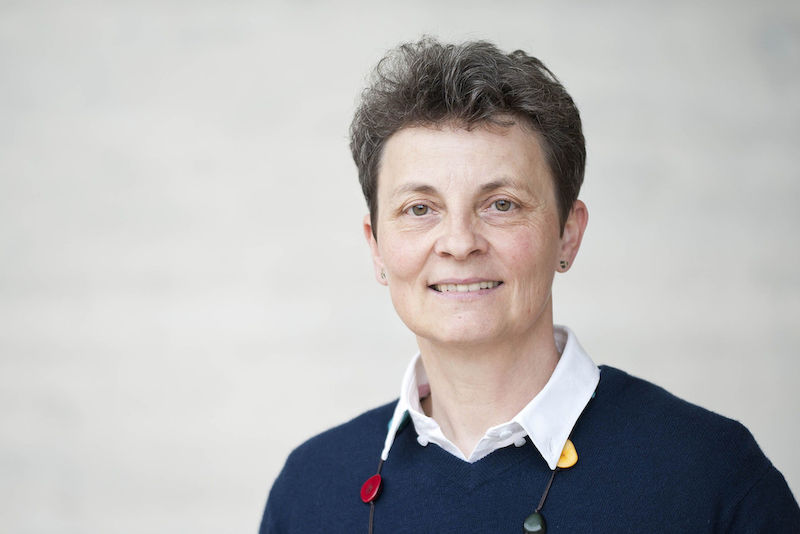The Centre for Teacher Training celebrates ten years as a contact point for student teachers
This year the Centre for Techer Training is celebrating its tenth anniversary. What prompted the founding of the ZLB back then?
Thomas Bremer: It was prompted by the restructuring of study programmes as part of the Bologna Process. In the course of these reforms, the University of Halle wanted to set up a central point of contact for student teachers. Back then there was discussion of whether or not to establish a School of Education that would unite all didactic courses and the educational sciences in a separate faculty. These plans were quickly shelved. The only remaining option was to establish a centre that would span all faculties and serve the interests of all student teachers.
Marie-Theres Müller: In the past we were never sure if we were reaching all of the students. That changed with the establishment of the new Centre for Teacher Training. Our work commenced as the first students began enrolling in the modular teacher training programme, which culminates in state examinations.
What are the tasks of the ZLB? What does it offer students?
Müller: The ZLB unites under one roof the internship office and the examination board for all teaching qualifications. The offices for communication and inclusion, as well as the alumni office are also located here. In addition, we have various projects at the centre including the KALEI teacher training quality offensive. Day-to-day business also includes student counselling in cooperation with other institutes at the university. We are also the port of call for students when they want to change the form of school or subject they are studying for. Another element of our work is to design courses of study. The board of directors is in charge of making all the decisions pertaining to this. Above all, we are the liaising body between the university and Saxony-Anhalt’s Ministry of Education and the state’s examination board for teaching qualifications.
Bremer: We also offer a wide-ranging student support programme. For instance, we proudly offer a voice check as part of this programme. The voice is very important for future teachers and the students gladly take advantage of this offer.
When you look back at the past ten years, what are the most important milestones of the ZLB from your point of view?
Müller: I believe the biggest milestone was that we were considered for the teacher training quality offensive two years ago. Looking back it is also great to see that study course regulations are working. We have also been able to increase the number of student teachers. One important aspect has been our ability to keep up with the demands of the times. The subject of inclusion is one example of this. When inclusion became an issue, we were asked to devise something for the teaching programme and we were able to deliver good results. We reacted quickly when many children with a migration and refugee background arrived in 2015 - not only by adding the supplementary course of study “German as a Second Language”, but also with many courses that our students could benefit from.
Do other teacher training centres often exchange information with you or ask for tips?
Müller: Yes, for example there is an annual Germany-wide meeting. We also work in close partnership with the centres in Jena, Leipzig and Magdeburg. Thanks to the KALEI project, working in conjunction with other teacher training centres has been taken to a new level.
Bremer: Recently we have strengthened our international contacts. A second delegation from Japan visited us and obtained information on migration and refugee issues in the teaching programme. A delegation from the USA visited us this year which wants to expressly collaborate with us on matters pertaining to teacher training. Colleagues also visited from Mongolia.
Are there challenges that the ZLB will face in the future?
Bremer: Currently the biggest challenge we are facing is a lack of teachers. In the next five to ten years we will be dealing with the fact that the need for teachers has been underestimated everywhere in the federal republic. This means we are expected to educate more teachers off the cuff. This requires additional funding and teachers cannot be trained from one year to the next. We are also dealing with how to fulfil this demand by including people who are entering the teaching profession through other professions.
Müller: Quality is particularly important in this respect. Knowledge of the subject alone isn’t enough. Didactic methods and knowledge about teaching are also necessary.
Bremer: Another aspect we are dealing with is the question of funding. Most of our money comes from the Higher Education Pact. Currently it is unclear what will happen to this funding in the negotiations between the federal government and the states.
Will the ZLB continue in the future and if so in what capacity?
Bremer: We have always been able to address political requirements and current developments. From our point of view, we are happy for things to continue in such a positive vein.
Müller: Our wishes were granted when we moved into our premises in Dachritzstrasse. We also get a lot of support from the Rector’s Office. From my point of view things can continue being as good as they are.
The ZLB’s annual meeting will take place on 15 November. The motto will be “Education for Sustainable Development in Teacher Training”. The meeting will begin at 9:30 am in the auditorium of the Löwengebäude at Universitätsring 11. Saxony-Anhalt’s Minister of Education Marco Tullner will greet guests with a welcome speech.


